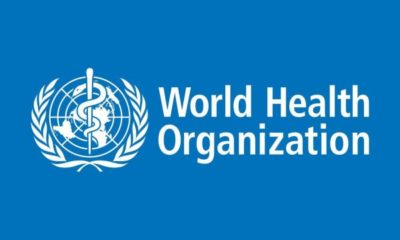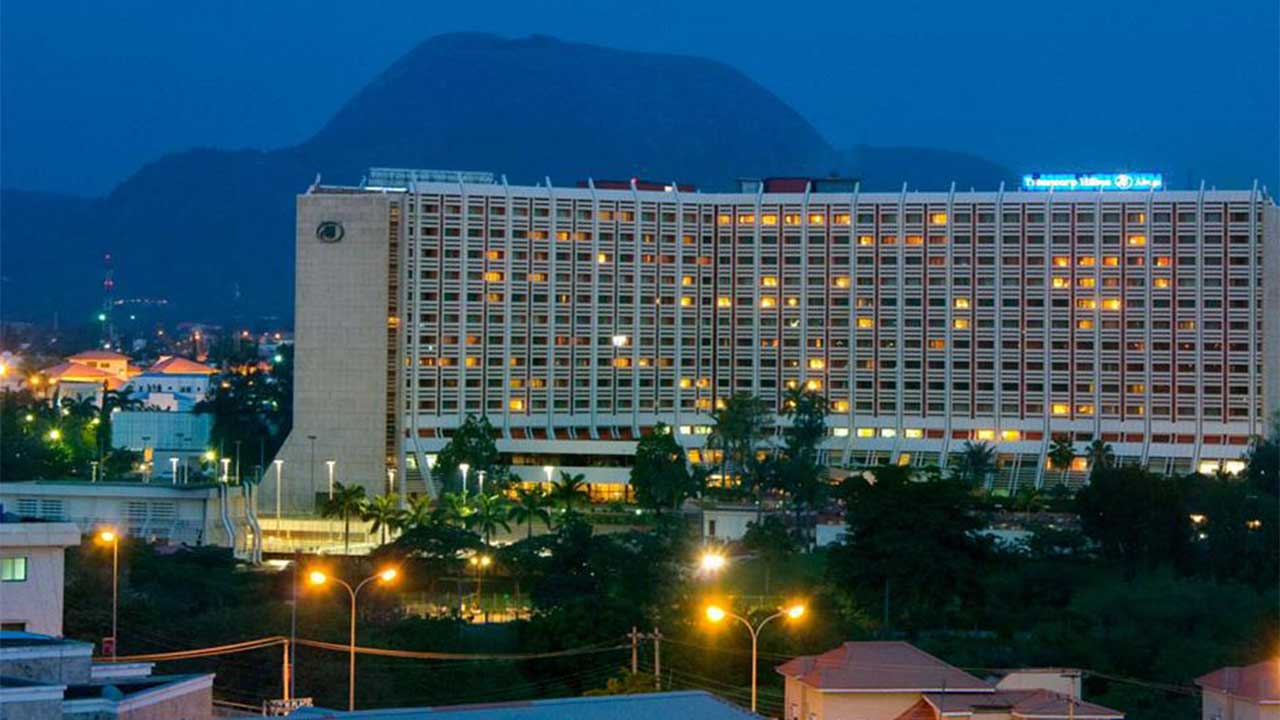Business
Regulate Alcohol Marketing, Advertising and Sponsorship – Says WHO
World Health Organisation decries the use of ‘sophisticated online marketing techniques for alcohol marketing and called for regulation

Appointments
First Bank of Nigeria Appoints Olusegun Alebiosu as Acting CEO Following Resignation of Dr. Adesola Adeduntan
Business
Transcorp Hotels to Launch 5,000-capacity Event Centre, Eyes Pan-African Presence
Business
Computer Village Traders Demand Refunds as Lagos State Cancels Katangowa Project
-

 Forex2 weeks ago
Forex2 weeks agoZiG to the Rescue: Zimbabwe Shifts Gear with New Currency Backed by Gold
-



 Naira2 weeks ago
Naira2 weeks agoDollar to Naira Black Market Today, April 9th, 2024
-

 Billionaire Watch2 weeks ago
Billionaire Watch2 weeks agoNigerian Billionaire Tony Elumelu Contemplates Acquiring NPFL Club
-





 Naira2 weeks ago
Naira2 weeks agoDollar to Naira Black Market Today, April 8th, 2024
-





 Naira2 weeks ago
Naira2 weeks agoNaira Hits Eight-Month High at 1,120/$ Amidst Central Bank Reforms
-





 Naira4 weeks ago
Naira4 weeks agoDollar to Naira Black Market Today, March 26th, 2024
-



 Naira6 days ago
Naira6 days agoDollar to Naira Black Market Today, April 17th, 2024
-

 Banking Sector4 weeks ago
Banking Sector4 weeks agoSafaricom, Access Holdings Forge Partnership to Revolutionize Remittance Corridor in Africa






















